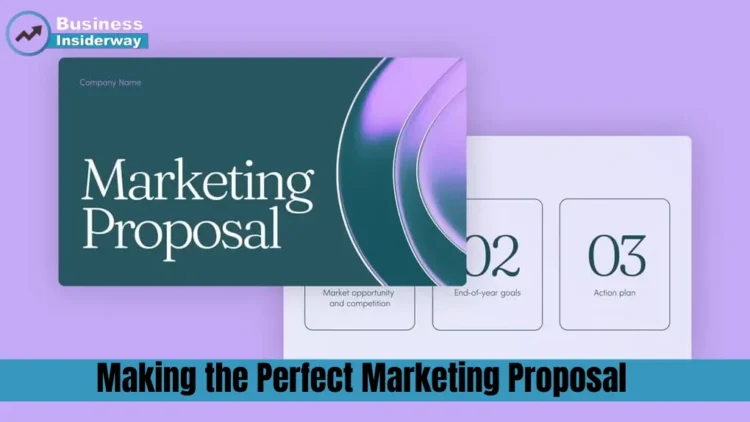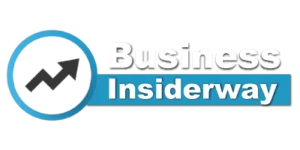How well you explain your plans for advertising, branding, and improving a client’s business in a marketing proposal can make all the difference.
Usually this important document comes from either a creative marketing agency or a skilled in-house marketing team. Its purpose is to get the attention of the company’s most important decision-makers.
The challenge many marketers face is developing a proposal that aligns with the client’s needs and vision but at the same time also makes a compelling case during the presentation. After investing hours into perfecting a proposal, it may be disheartening to receive skepticism or disinterest.
Understanding the Types
Each type of proposal has a set purpose. If you want favorable results, you need to familiarize yourself with these.
1. Marketing Strategy Proposal:
This type defines a detailed plan for achieving marketing objectives, for example:
● market positioning
● target audience identification
● selecting the most effective marketing channels
2. Market Analysis Proposal:
This proposal digs deep into the market to:
● find trends
● look at competitors
● figure out what customers want
This gives us the needed information to make smart business decisions.
3. Marketing Project Proposal
This details project objectives, resources, schedule, and anticipated advantages for direction and clarity.
4. Marketing Campaign Proposal:
This outlines the objectives, strategies, schedule, and anticipated outcomes of a distinct marketing campaign, focusing on targeted promotional activities.
5. Marketing Budget Proposal:
This proposal is a financial blueprint showing how funds will be allocated across various marketing initiatives – emphasizing cost-effectiveness and ROI.
6. Lead Generation Proposal:
Describes the tools and methods for effective lead generation and how to attract and turn prospects into leads.
7. Performance Marketing Proposal:
Centers on result-oriented marketing strategies, highlighting measurable successes like:
● conversions
● sales
● ROI from specific marketing efforts
Customizing your proposal to fit your client’s needs and goals shows that you know their business and makes you an influential partner in their growth.














